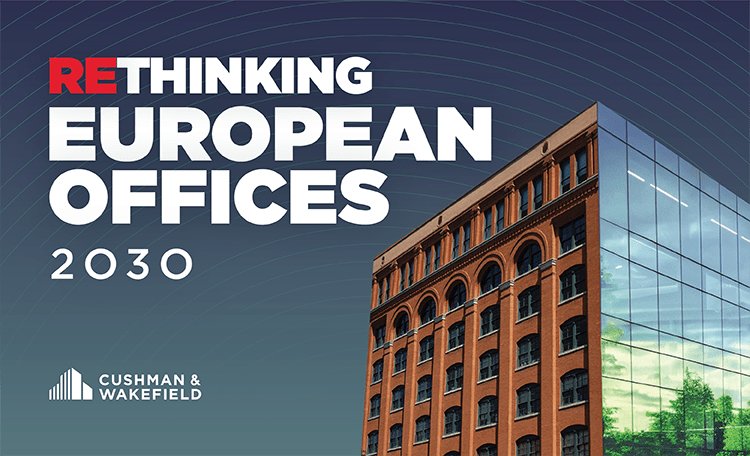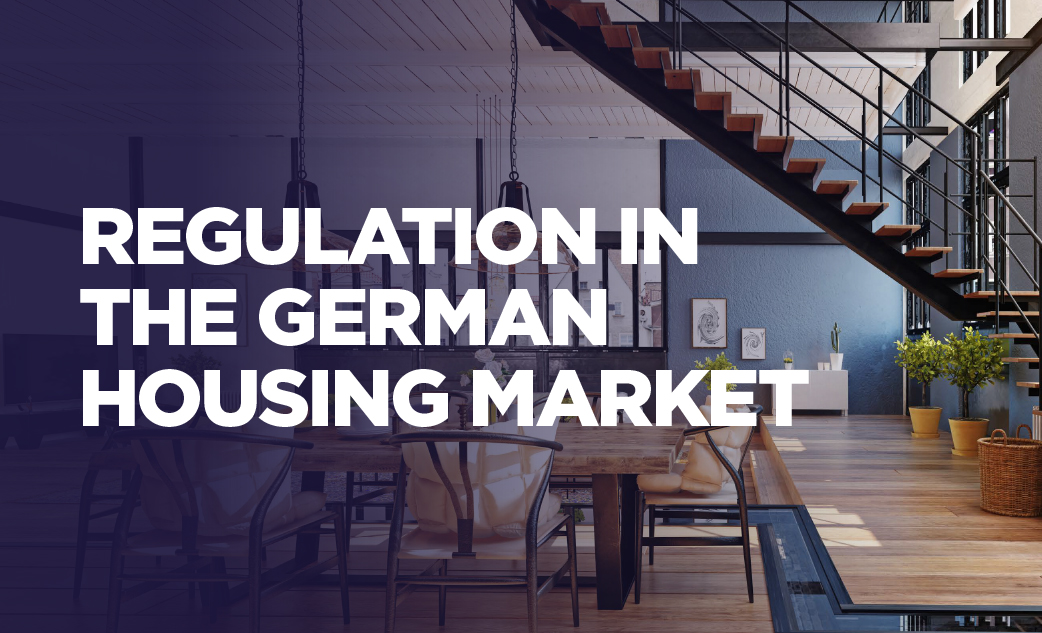Cushman & Wakefield, one of the world's leading property consultancies, has conducted a detailed study on the inclusivity of 44 cities in Europe, the Middle East and Africa (EMEA) in the form of the "Inclusive Cities Barometer". It sheds light on the social, economic, spatial and environmental aspects that contribute to the inclusivity of urban spaces and offers valuable insights for various players in the property industry. The barometer is based on 110 specific indicators for which more than 4,000 data points have been collected. They come from recognised sources such as the World Bank and the United Nations, as well as Cushman & Wakefield's own market data.
'The aim of the Inclusive Cities Barometer is to promote a data-driven dialogue on the impact of real estate activities on urban inclusion and the social fabric. It aims to inspire and guide cities and stakeholders in the property industry to create more inclusive, vibrant and sustainable urban environments,' says Tina Reuter, Head of Germany at Cushman & Wakefield, explaining the intention of the project.
'For us, an inclusive city is an urban environment that prioritises diversity, equity and accessibility for all people, regardless of their background, identity or socio-economic status. These cities promote the independent and productive participation of all citizens and provide equal access to the built environment and social infrastructure,' adds Helge Zahrnt, Head of Research & Insight Germany.
Components of the assessment
The assessment of the inclusiveness of cities is based on four main dimensions:
- Social inclusivity: including access to essential social infrastructure and ensuring mental and physical health for diverse and integrated populations, good access to educational opportunities and gender equality.
- Economic inclusivity: including a balance of employment opportunities and commitment to wealth distribution, low unemployment rate.
- Spatial inclusivity: including improving the quality of life through the built environment, increasing public safety and promoting mobility, including affordable, barrier-free access to public transport, affordable housing.
- Environmental inclusivity: including maintaining liveable environments through sustainable urban planning and green infrastructure, reducing pollution and environmental stress.
Grouping of cities
Instead of ranking the cities, they were categorised into four quartiles reflecting different stages of their development towards more inclusive urban environments:
- Mature Urban Centres: cities with a long-standing commitment to social inclusion that prioritise the needs of citizens and focus on an even distribution of wealth alongside strong but balanced economic growth.
- Social drivers: cities that have a high level of social inclusion in many areas but are not yet as advanced in reducing inequalities in wealth and lifestyle.
- Rapid risers: cities that were previously less active in equitable economic and social development and are now rapidly advancing urban inclusion initiatives.
- Emergers: cities that are still at the beginning of their development towards urban inclusion but show strong ambitions.
These groupings illustrate the diverse ways in which cities are moving towards inclusivity. Cushman & Wakefield's research is not concerned with ranking cities on performance, but rather measuring their progress relative to their starting points, highlighting successes and providing detailed, actionable pathways for improvement.
Rotterdam leads the way in inclusivity and German cities are making good progress
Rotterdam: currently the most inclusive city in the EMEA region
Rotterdam, which was identified as the most inclusive city in the EMEA region, is particularly emphasised. The city offers a wide range of jobs across the socio-economic spectrum and has implemented numerous social and environmental inclusivity initiatives. Projects such as the Sustainable Port Programme and the Shore Power Project help to reduce environmental impact and promote sustainability. These comprehensive efforts in the economic, social, spatial and environmental areas make Rotterdam a role model for other cities around the world.
What makes German cities social drivers
The five German cities analysed, Berlin, Hamburg, Frankfurt am Main, Munich and Cologne, were classified as social drivers. They are characterised by a strong capacity for integration and economic attractiveness, making them highly attractive to international investors and companies, but they still have potential for development.
Berlin: Melting pot of cultures
Berlin is known for its cultural diversity, which has a significant influence on the city's growth and creative dynamism. With almost 190 nations living in Berlin, diversity is seen as a strong driver of cultural and economic innovation. The city has been part of the "Diversity Charter" since 2007, which is committed to promoting diversity in business and the world of work. Berlin's start-up scene is also remarkable, with over 20 unicorns and an excellent start-up ecosystem. Other features include one of the densest and most affordable public transport networks in the world, large green spaces such as Tempelhofer Feld and numerous social initiatives. There are also more than 40 universities and over 2,000 sports clubs, in which around 700,000 people are active.
Frankfurt am Main: trade fair city with a heart and international flair
With a centuries-old history as an international trade fair centre and a central transport hub, the city promotes global exchange and the networking of people and industries. Today, Frankfurt hosts leading trade fairs for consumer goods, textiles, literature, architecture and technology, attracting and networking international visitors. As Germany's city of "super diversity", immigration has long been part of normality and people from a wide variety of cultures live here today. The international airport makes Frankfurt a central transport hub that connects global trade routes and creates an ideal infrastructure for international exchange and the establishment of diverse industries.
Hamburg: Germany's gateway to the world
Hamburg's harbour is the third largest in Europe and a symbol of the city's cosmopolitan tradition. It connects the world through the handling of over 100 million tonnes of trade goods annually and a diverse workforce. Hamburg is pursuing the goal of complete accessibility in all areas of life and has introduced a digital city map for barrier-free leisure and cultural activities. Initiatives such as the "Contract for Hamburg" aim to create 10,000 new homes annually, 30 per cent of which are subsidised, to ensure affordable housing for all social classes.
Munich: Cosmopolitan business and educational metropolis
The Bavarian capital and "city with a heart" Munich is known for its high level of academic and professional excellence with elite universities such as TUM and LMU. The city offers a large pool of international professionals and numerous international business communities. With over 90 business clubs, chambers of commerce and networks, Munich promotes global exchange and innovation. With its leading universities and research institutions, the city attracts global talent and major technology companies that collaborate to drive cutting-edge research and innovative solutions. With the Oktoberfest, Munich also hosts the largest folk festival in the world and is a magnet for tourists from all continents.
Cologne: Colourful and tolerant thanks to the motto "Live and let live"
Cologne is a city of tolerance and diversity, where around 40 per cent of the population has a migration background and is home to a large LGBTIQ+ community. In addition, Cologne Carnival brings together people from different backgrounds and social classes, promotes intercultural exchange and serves as a powerful driver of inclusion. The city is known for its intercultural competence, its ability to welcome new people and utilise their talents. This is one of the reasons why numerous international companies such as Ford and Lanxess have settled here.
View the complete Inclusive Cities Barometer here.






